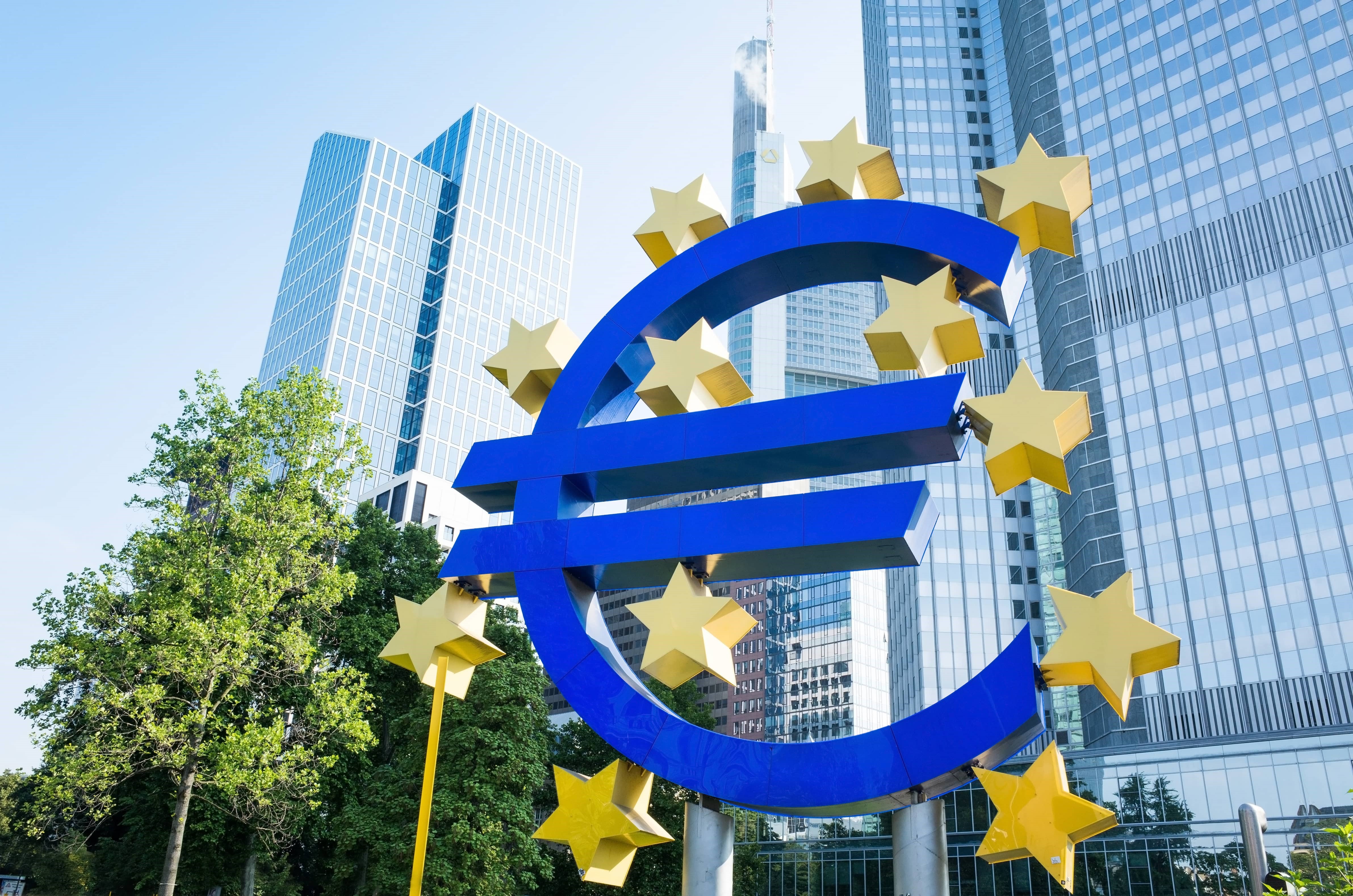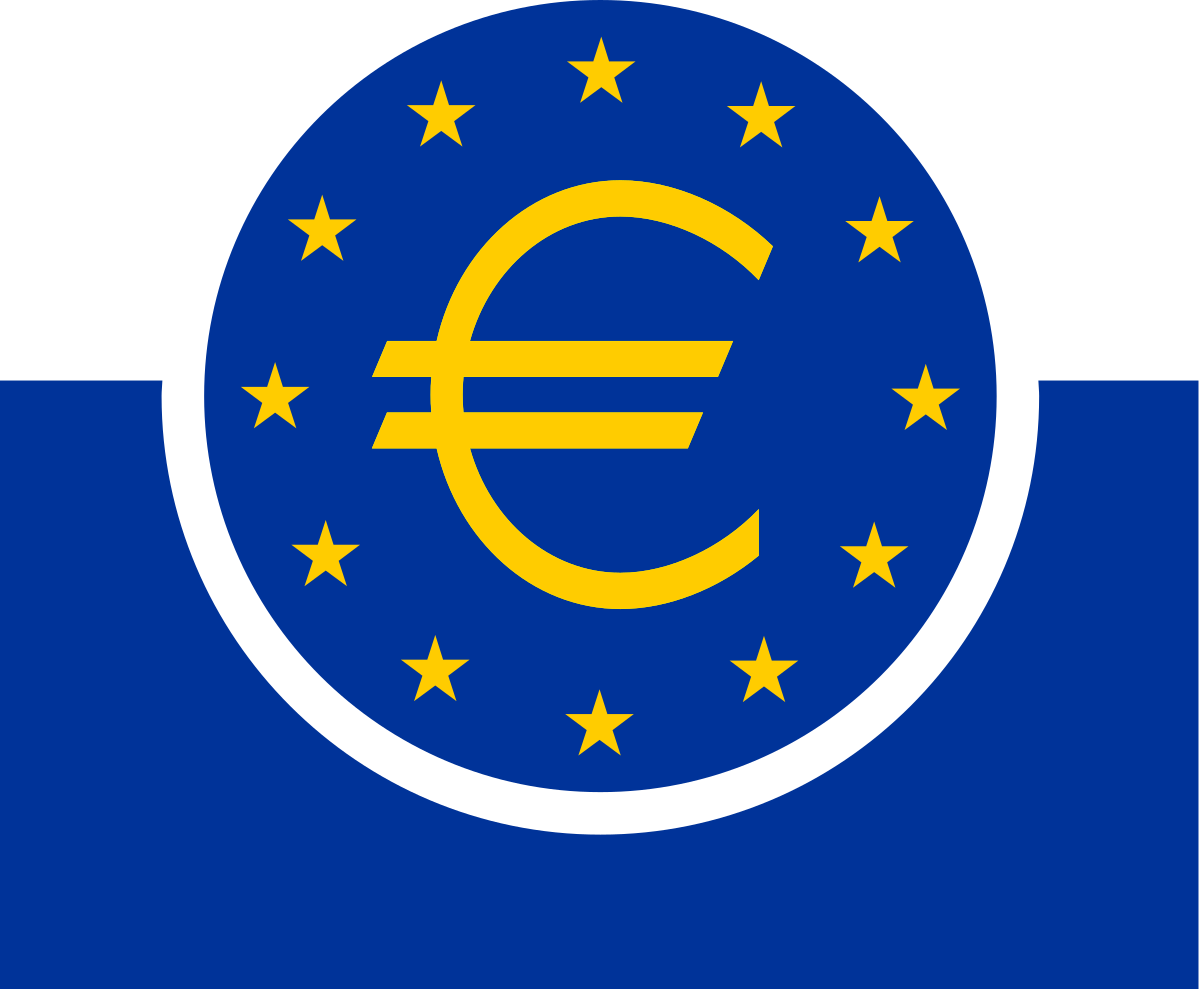The Federal Reserve is not the only central bank weighing the risk of persistently high inflation against the risk of financial instability.
The European Central Bank (ECB) had to make that same calculus this week as one of the continent’s biggest banks teetered at the same time inflation concerns remained front and centre.
Shares of Credit Suisse, one of Europe’s 20 largest banks, dropped as much as 30% on Wednesday after the chairman of its largest shareholder – the Saudi National Bank – said it would not invest any more money into the beleaguered firm.
The news rattled investors who were already reeling from the collapse of Silicon Valley Bank and two other medium-size regional banks in the US last week.
Could those banking troubles be spreading to Europe, putting one of the continent’s most interconnected, yet vulnerable, banks at risk of collapse?
Investors shuddered at the thought.
A highly connected bank
As shares of Credit Suisse tumbled on Wednesday, the iShares MSCI Europe Financials Sector UCITS ETF (ESIF) fell 5.7% while the broader Vanguard FTSE Developed Europe UCITS ETF (VEUR) sagged by 3.8%.
The decline was not about Credit Suisse per se – the stock has a mere 0.5% weighting in ESIF and only 0.1% in VEUR.
Years of mismanagement have pushed the bank’s market cap to a relatively modest $9bn.
Rather, it is the fear that Credit Suisse’s collapse could harm other financial institutions and counterparties that the bank has relationships with – in the same way that Lehman Brothers and other highly connected firms took down the US financial system in 2008.
On the positive side, despite being a shell of its former self after years of scandals and bad business decisions, Credit Suisse’s near-term liquidity position is not in doubt.
“Its liquidity position seems adequate to handle deposit outflows, and it retains the fallback of borrowing against its bond holdings from the Swiss National Bank,” Morningstar banking analyst Johann Scholtz, said this week.
Indeed, earlier this week, Credit Suisse said it would borrow up to $53.7bn from the Swiss National Bank, supporting the idea that Credit Suisse is unlikely to fall victim to the type of bank run that recently did in three US regional banks.
The ECB’s balancing act
Still, bank run or not, confidence in the banking system here in the US and in Europe has been shaken following recent events.
Though most banks seem to be much stronger fundamentally than they were in 2008, when their risky bets on esoteric subprime-related derivatives soured, that won’t necessarily assuage depositors or investors immediately.
There still seems to be an inclination to move funds from banks perceived to be riskier to banks perceived to be stronger, something that could weigh on credit creation as banks prioritize strengthening their balance sheets over making loans and investments.
The European Central Bank was mindful of that as it made its latest interest rate decision on Thursday. The central bank hiked rates by 50 basis points to 3% as it signalled it would do, but crucially, it left the door open to take more supportive actions if stresses in the financial system warrant it.
“The governing council is monitoring current market tensions closely and stands ready to respond as necessary to preserve price stability and financial stability in the euro area.
"The euro area banking sector is resilient, with strong capital and liquidity positions,” the ECB said in its statement.
In her press conference following the decision, ECB President Christine Lagarde affirmed that the ECB would do what was necessary to support Europe’s financial stability, but she added that the central bank remained determined to bring inflation back down to its 2% target.
This article was originally published on ETF.com



